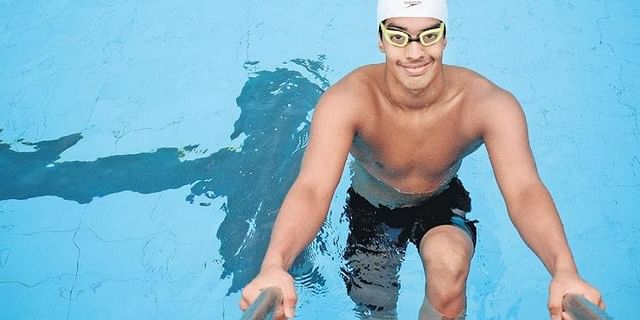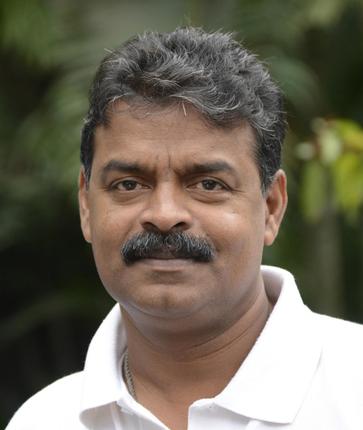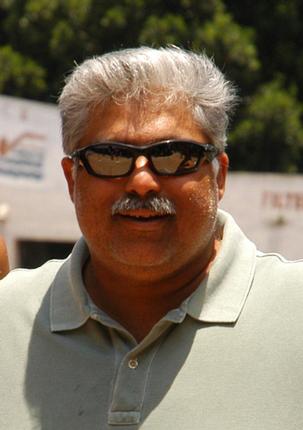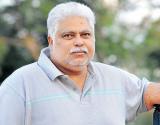Bengaluru, KARNATAKA :
Olympaid swimmer Srihari Nataraj’s coach, Nihar Ameen in a candid chat with CE, shares why Tokyo Olympics 2020 was the toughest mission for him

Bengaluru :
He may not have won a medal at the recently-concluded Tokyo Olympics 2020. But swimmer Srihari Nataraj’s coach, Nihar Ameen, is proud of his student who has faced several lows during the last one-and-a-half years as he prepared for the biggest sporting event. During a tete-a-tete with the coach on a weekday afternoon, Ameen shows no sense of disappointment at his ‘shishya’ not bringing home a medal. Instead, following Nataraj’s elimination at the Olympics, Ameen has got down to business immediately. He’s working on Nataraj’s performance who he feels needs to be stronger and fitter. “We are just waiting for the 2022 calendar to come out and we have already started the preparations for the Asian Games. We have got three years now to set everything right and we will come back with a medal from Paris in 2024,” says Ameen, a Dronacharya awardee.
Along the course of the conversation, Ameen, who has been a trainer for nearly four decades, confides that this has been the toughest mission for him so far.While the fear of Covid-19 remained on one side, the task to prepare Nataraj for the Olympics to “start from scratch” was another. Following the lockdown in India during 2020, a lot of sports arenas and training centres were shutdown. Swimming pools were no different. Ameen believes that the closure of swimming pools did take a severe toll on training. “In India, pools were completely shut for seven-eight months. Srihari got no training whatsoever. If at all the lockdown was relaxed and swimming centres opened early in 2020, Nataraj’s results would be different. I am confident that he would have reached the finals,” says Ameen, who had little time to get Nataraj to the top 16 in the world.
The inconsistent training periods also proved to be a major challenge for the coach. “Sportspersons become very rusty if there is no consistent training. I had to bring Nataraj from zero because he was not in the best of shapes. Although Nataraj is tough mentally, however, we had to build the natural processes. Being out of water for so long, he also suffered a shoulder injury during an event in Dubai,” says Ameen, adding that Nataraj had just 10 days to come to his best ahead of the competition at Tokyo Olympics.
From a very festive departure in New Delhi to a very subdued welcome at Tokyo, Ameen admits he was shocked and surprised at the “dead atmosphere” that shadowed the world’s most important sporting event. After landing in Tokyo, the team was made to wait for over six hours due to the strict health protocols enforced at the airport. “This wait too, affected the minds of participants,” feels Ameen.
The rapport between Ameen and Nataraj is like any other case study of a guru and his disciple. Ameen believes that with the right nurturing, Nataraj will go places. “He is a self-motivated person, and is a national asset who needs to be nurtured well,” Ameen adds. The two often sit together and plan the training programme. “Once he gets down to do what he is supposed to do, I am there to supervise. We don’t have any verbal communication after that,”says Ameen.
source: http://www.newindianexpress.com / The New Indian Express / Home> Cities> Bengaluru / by Sanath Prasad, Express News Service / August 12th, 2021











